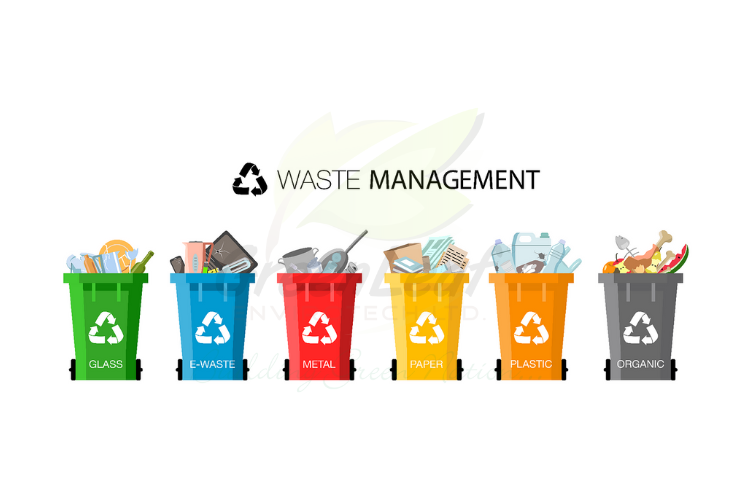
Waste Management Regulations – Indian Environmental law 2024
Waste Management Regulations as per Indian Environmental laws in 2024
The general approach and trends in waste management regulations based on existing laws up to that point, which may continue to influence policies in 2024 and beyond.
Solid Waste Management
India’s approach to solid waste management has been guided by the Solid Waste Management Rules (SWM), 2016, which replaced the earlier rules from 2000. These rules set forth a comprehensive framework for the segregation, collection, transportation, processing, and disposal of solid waste in urban areas. Key highlights include:
Segregation of Waste: Mandates the segregation of waste at the source into three categories: biodegradable, non-biodegradable, and domestic hazardous wastes.
Decentralized Processing: Encourages the decentralized processing of waste, including composting, biomethanation, and recycling.
Polluter Pays Principle: Emphasizes the polluter pays principle, where waste generators are responsible for the costs of waste management.
Extended Producer Responsibility (EPR): Introduces the concept of EPR, requiring manufacturers, dealers, and brand owners to ensure the management of end-of-life products, particularly for electronics and plastic packaging.
E-Waste Management
The E-Waste (Management) Rules, initially introduced in 2016 and subsequently amended, regulate the handling, collection, processing, and disposal of electronic waste. They emphasize the EPR, setting targets for the collection and recycling of e-waste and requiring producers to obtain authorization for e-waste management.
Plastic Waste Management
The Plastic Waste Management Rules, updated in 2016 and further amended, aim to phase out single-use plastics and promote the use of environmentally friendly alternatives. These rules also emphasize EPR, requiring producers, importers, and brand owners to manage plastic packaging waste.
Hazardous and Biomedical Waste Management
Separate regulations govern the management of hazardous and biomedical waste, ensuring safe handling, treatment, and disposal to minimize environmental and health impacts. These regulations include the Hazardous and Other Wastes (Management and Transboundary Movement) Rules and the Bio-Medical Waste Management Rules, which have been updated to address specific challenges in managing these types of waste.
Looking Ahead
Given the dynamic nature of environmental challenges, it’s likely that waste management regulations in India will continue to evolve. Future updates may focus on enhancing the efficiency of waste segregation, collection, and recycling processes; increasing the scope and effectiveness of EPR; and incorporating technological innovations for waste processing and disposal.
For the latest and most accurate information on waste management regulations in India in 2024 or any specific updates to the regulations, it’s advisable to consult official sources, including notifications from the Ministry of Environment, Forest and Climate Change (MoEFCC) and guidelines issued by the Central Pollution Control Board (CPCB).

